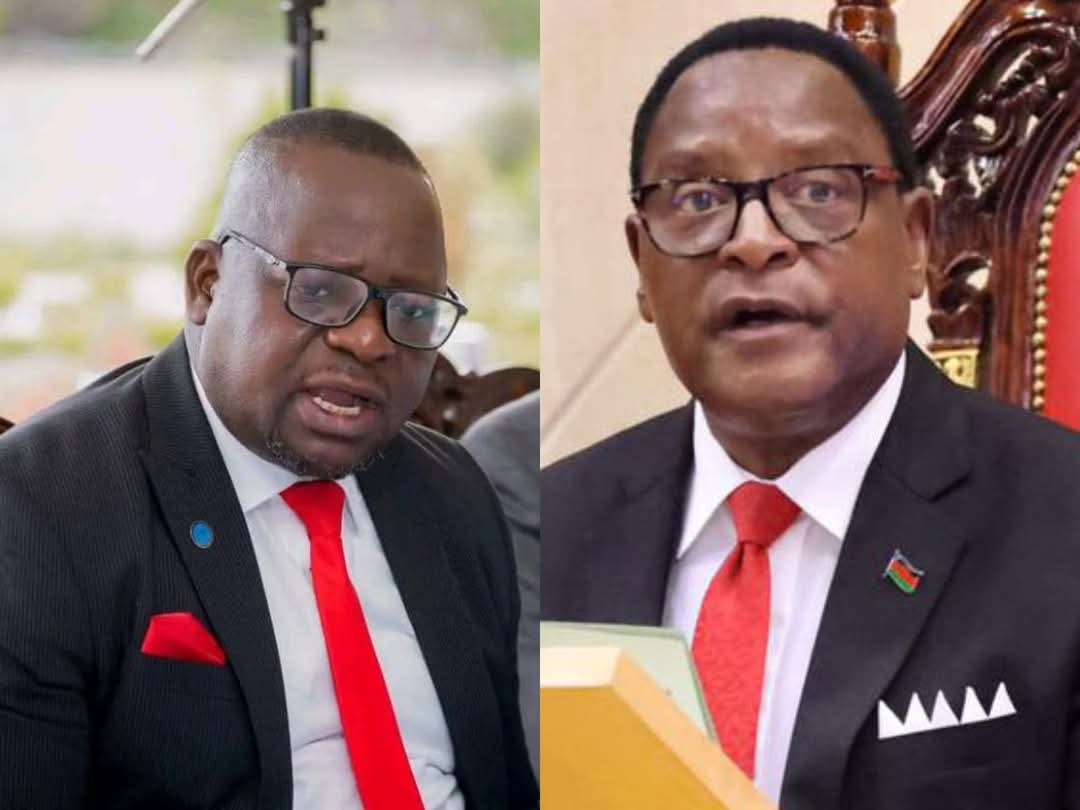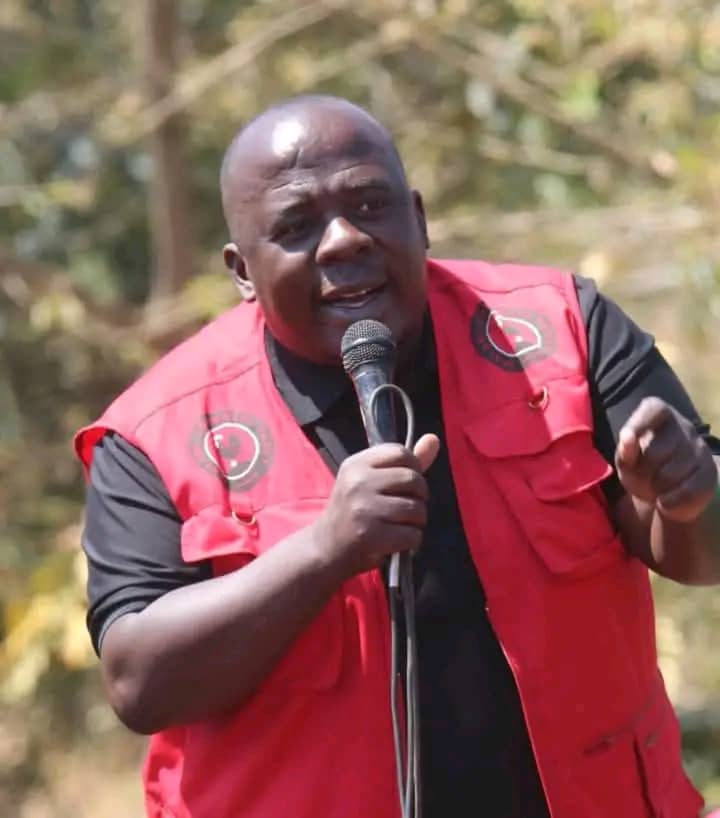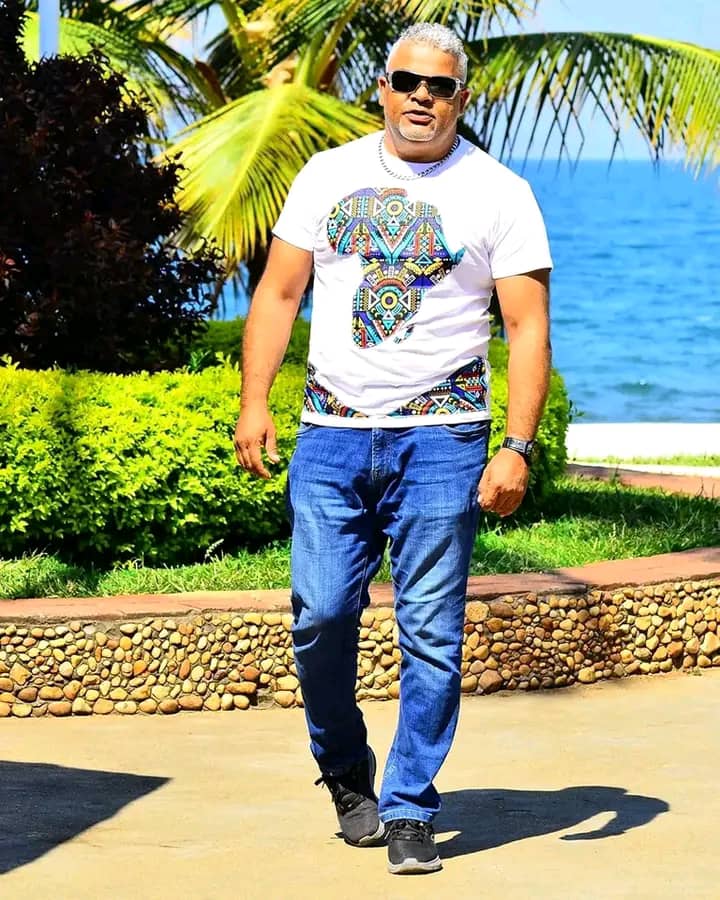By Burnett Munthali
“President Lazarus Chakwera’s performance in five years? Zero percent!”
Those were the striking words of Democratic Progressive Party (DPP) spokesperson Shadreck Namalomba when asked to rate President Chakwera’s leadership since assuming office.
In a political climate already tense with rising public frustration over economic hardship, corruption scandals, and governance challenges, Namalomba’s blunt assessment was more than just a political jab — it was a scathing indictment.
According to Namalomba, the Chakwera administration has failed to deliver on the lofty promises that brought the Tonse Alliance to power in the landmark 2020 Fresh Presidential Election.
He cited worsening economic indicators, including soaring inflation, persistent fuel shortages, and a depreciating kwacha, as signs that the government is out of its depth.
Namalomba argued that under Chakwera, Malawi has seen more rhetoric than results, more travel than transformation, and more cabinet reshuffles than real reforms.
He particularly emphasized that key sectors such as agriculture, education, and healthcare have not seen the kind of strategic investment or oversight expected of a government that campaigned on the slogan of servant leadership and transformation.
The DPP spokesperson also criticized what he called the “paralysis of leadership,” where Chakwera allegedly appears detached from the real struggles of ordinary Malawians.
This is not the first time opposition voices have accused the Chakwera administration of abandoning its reform agenda.
In recent months, civil society organizations, religious leaders, and independent economists have echoed similar sentiments, pointing to corruption scandals, policy inconsistency, and poor public service delivery.
Despite the President’s assurances of a new Malawi free of nepotism, impunity, and mismanagement, Namalomba argued that Chakwera’s government has merely repackaged old problems with new language.
He said that the fight against corruption — once the hallmark of Chakwera’s campaign — has lost credibility due to selective justice and political shielding of allies.
Namalomba further accused the administration of failing to build on the democratic gains of the past, noting that governance under Chakwera has become increasingly centralized and opaque.
He cited the alleged sidelining of Vice President Saulos Chilima, who was expected to play a key role in national development, as a betrayal of the Tonse Alliance’s unity promise.
As the 2025 general elections draw near, such assessments are likely to influence public perception and voter behavior.
The DPP, currently in opposition, seems determined to use Chakwera’s alleged shortcomings as a rallying cry to regain power.
Whether Namalomba’s “zero percent” claim will resonate with the electorate depends not just on rhetoric, but on whether the Chakwera administration can convincingly defend its record.
As of now, public trust in government institutions remains fragile, and socio-economic challenges continue to test the patience of millions of Malawians.
Namalomba’s bold statement, while politically charged, underscores a deeper frustration among citizens who feel let down by leaders they once believed in.
The true test of Chakwera’s presidency may not lie in party ratings or political slogans but in the legacy he will leave behind once his time in office concludes.




